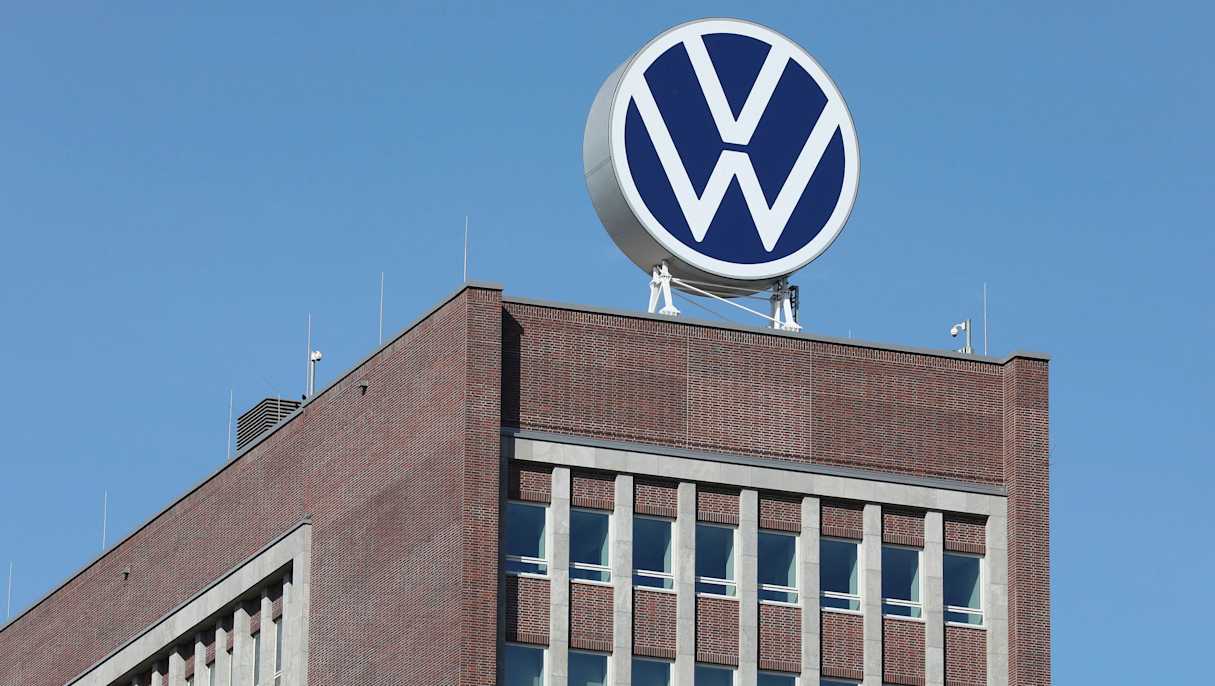Volkswagen will close three factories in Germany, reduce production output across remaining facilities and cut workers’ wages by 10 per cent, the brand’s works council said.
The closures will mark the first time in the brand’s 87-year history that it has been forced to close factories in its native Germany, with the move following weeks of negotiations between VW and its worker’s union in an effort to cut costs.
The head of the Volkswagen division, Thomas Schaefer, said the brand’s German factories were not competitive enough, with some operating as high as 50 per cent above targeted production costs, according to Reuters.
VW, which is the world’s second largest car brand, has already slashed its profit outlook twice this year, citing weakening demand in the European car market and growing competition from budget Chinese rivals.
The embattled brand is yet to comment publicly on the reports, though comments from the head of Volkswagen’s workers council, Daniela Cavallo, indicated the plans to restructure will go ahead.
"Management is absolutely serious about all this. This is not sabre-rattling in the collective bargaining round," Cavallo said to workers at the brand’s Wolfsburg plant.
"This is the plan of Germany's largest industrial group to start the sell-off in its home country of Germany.”
It’s unclear exactly how many of Volkswagen’s 300,000 workers in Germany will be impacted by the closures, or which plants will be impacted.
Reports also suggest the closures will extend to VW sub-brands such as Audi, which will reportedly close its Brussels factory – where the Audi Q8 E-tron is produced – after the brand announced plans to fast forward the model’s discontinuation earlier this year.

Car demand in Europe hasn’t rebounded to pre-Covid levels in Europe, where some two million fewer vehicles are being purchased each year.
The drop in demand hasn’t just impacted VW though, with Mercedes-Benz and Porsche each recording profit drops in the European market and in China, where an economic slowdown and the proliferation of cheaper Chinese-made cars is seeing buyers opt for local brands.
Cheap Chinese vehicles are making their way into Europe as well, despite the European Union approving tariffs of up to 35.3 per cent on Chinese-made EVs.
European automakers such as VW have called for the EU to reconsider the tariffs out of fear that China could retaliate with its own tariffs on German vehicles, which still account for some 15 per cent of new car sales in China.
VW, BMW and Mercedes-Benz also build electric vehicles in China for the European market.
In Australia, Volkswagen sales have fallen 14.4 per cent to September this year, with the number of vehicles sold down from 31,843 this time last year to 27,268.








.jpg)

.jpg)

.jpg)


.jpg)


.jpg)

.jpg)


.jpg)

.jpg)
.jpg)
.jpg)

.jpg)
